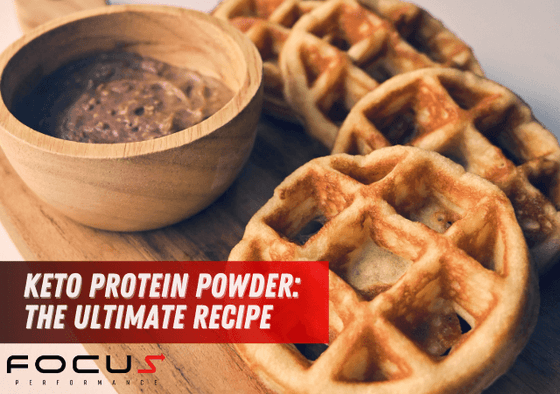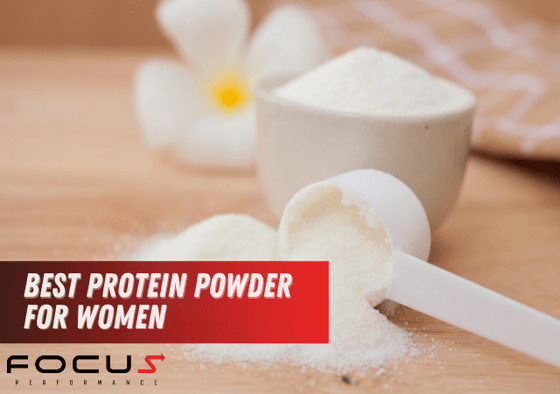
There has been a lot of hype recently about Omega-3. We know it’s good for us, but what else do we really know about it?
Basically, Omega-3 is the name for a group of essential fatty acids. This means that they do not exist naturally in our bodies; we have to consume them from other sources. They are associated with many potential health benefits, such as the prevention of heart disease and stroke, cancer, inflammatory bowel disease, and many autoimmune diseases.
There are two types of Omega-3 acids. The simplest is alpha-linolenic acid, or ALA. It’s found in green vegetables such as kale, and in vegetable oils like soybean and canola oil. The second type is more complex, and is comprised of eicosapentaenoic acid, or EPA, and docosahexaenoic acid, or DHA. These are plentiful in fatty fish, such as salmon.
The use of Omega-3 has become increasingly popular with athletes and bodybuilders. Fish oils in particular have been proven to be a natural anti-inflammatory. This benefits muscles and joints that are constantly being stressed, by preventing soft tissue damage and muscle damage by over-use. Prevention is important to break the cycle of athletes taking over-the-counter painkillers, which in turn masks the symptoms of injuries that already exist, and makes them worse.

Recent studies have also proven that Omega-3 has the power to improve brain function in athletes. It has been found that individuals who push themselves to their limits frequently suffer mental fatigue, causing them to lose concentration, which leads to potential mistakes and subsequent injury. Supplementing with Omega-3 improves the flow of oxygen-rich blood to the brain, allowing for clear decision-making.
While there are many foods you can eat to incorporate Omega-3 fatty acids into your diet, taking a supplement is a simple way to monitor exactly how much you are taking in. There is a wide range of supplements available, and it’s important to choose wisely. Some brands contain a lot of filler, such as other oils, resulting in lower effectiveness. Competitive athletes, in particular, should ensure that the brand they use is certified by health and regulatory authorities and meets the standards of competition legislation.
An average individual should take a one-gram supplement every day; two would be better. Athletes should be taking three or four grams daily; more if they are doing particularly rigorous training.
There is no question that Omega-3 is indeed essential; for the elite athlete, and the average individual.
Despite the benefits we’ve learned about protein powders, not all of them are keto-friendly. Just like any product for people on a low-carb diet, you need to read the label closely to make sure you’re not consuming added carbs and sugars.


Scott Reid
Author
Scott Reid is a 2 x Britain’s Strongest Man U105kg winner (2007 & 2008) and IFSA World's Strongest Man U105kg Competitor. He is an expert in strength and conditioning and also coaches functional nutrition. Scott’s passion for understanding the human body and how to optimise every aspect of it has driven him to study under legends such as Paul Chek. Scott now coaches MMA Athletes, Strongmen and Bodybuilders to name but a few, helping them to implement a well structured diet and become more powerful, explosive versions of themselves.